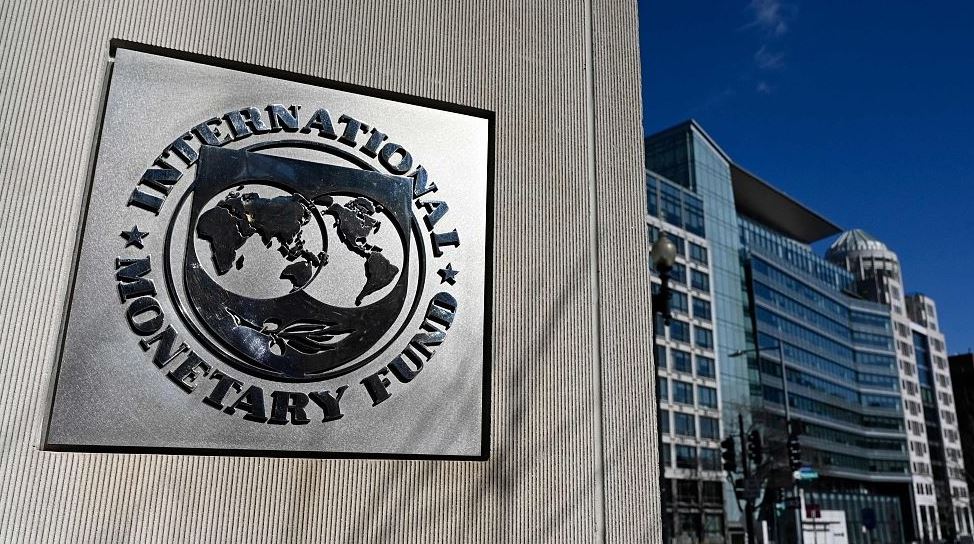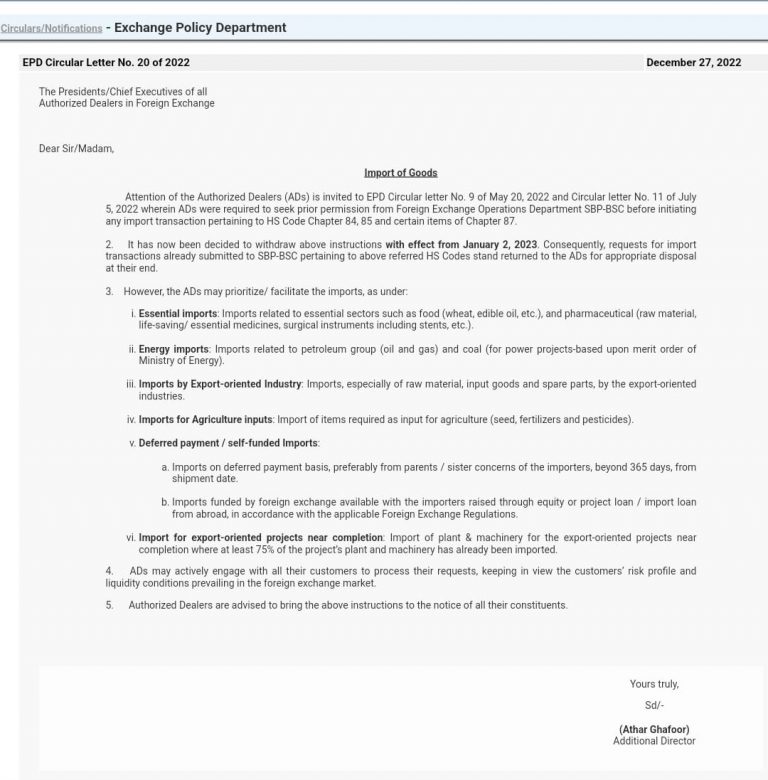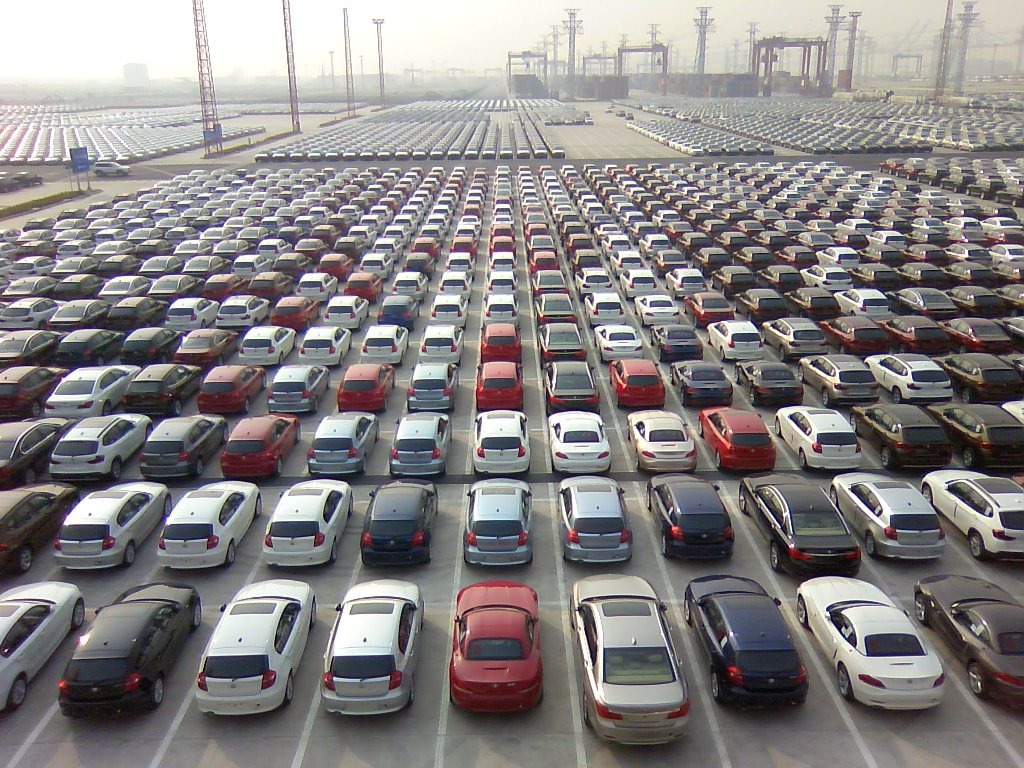State Bank of Pakistan (SBP) has decided to withdraw restrictions on imports effective from January 2, 2023. The central bank informed this via a circular addressed to presidents and chief executives of authorized dealers in the country.
Since May 2022, SBP made it mandatory for the companies to seek prior permission from the Foreign Exchange Operations Department (FEOD), and SBP before initiating import transactions which included issuance or amendment of letters of credit (LCs), registration or amendments of contracts, making advance payments, and authorizing transactions on open account or collection basis. The approvals were granted on a case-to-case basis.
Related: 2023- Dark Clouds will Remain Looming on the Auto Sector
Now with effect from 2nd January 2023, the SBP has withdrawn the instruction. The decision has been made to appease the International Monetary Fund (IMF). With the upcoming IMF review, the government and SBP need to work towards a market-determined exchange rate. Through restricting outflows, the rupee depreciation was contained.

However according to Profit, despite the removal of the restriction, it isn’t smooth sailing for all importers. Authorized dealers are asked to prioritize or facilitate imports under essential imports, energy imports, imports by export-oriented industry, imports for agriculture imports, deferred payment/self-funded imports, and imports for export-oriented projects near completion while needing to keep the customers’ risk profile along with the liquidity position in the FX market before processing.
Related: Anticipation of 1 Million Units & the Sudden Brake
With reserves dropping to $6.1 billion— the lowest since April 2014, the country has an import cover at a meager 1.16 months signifying liquidity and foreign exchange management challenges. The ministry already increased the Petroleum Development Levy (PDL) by Rs 5/litre on High-Speed Diesel (HSD), Rs 6.09 Kerosene (SKO), and Rs 0.90 Light Diesel Oil on the 16th of December in an attempt to meet the IMF condition of collecting Rs 850 billion through this levy during this fiscal year.
Sectors that are given import preference
- Food in the form of wheat, edible oil, etc
- Medicines, surgical equipment, and key components of the pharmaceutical sector
- The import of oil and gas
- Coal for power projects can be imported based on their merit order decided by the Ministry of finance.
- Essentials & export-oriented businesses can import raw materials, inputs, and spare parts
- The agricultural sector can import inputs like seeds, fertilizers, and pesticides.
- CKDs (automobiles & mobile phones)
Auto sector stakeholders relieved by the decision
The resumption of the import of CKD kits will ease the supply-side tensions which automotive companies were dealing with. Abdul Waheed Khan, Director General of the Pakistan Automotive Manufacturers Association said access to LCs will enable companies to once again more quickly import their requisite components, and thereby reduce their current production lead times to meet customer demand more effectively. He added:
“Now the industry is to deal with authorized dealers which will be rather convenient compared to dealing with SBP.”
This will provide the auto sector with the life support that it needs at a time when the 5-month FY 2022-23 sales volume is 31.52% low when compared to the FY 2021-22 over the same period. Commenting on the development, Shafiq Shaikh, the Head of Public Relations and Official Spokesperson at Pak Suzuki said:
“This has not only saved the industry but also the employment of thousands of people.”
However, whether there is enough latent demand for automotive companies to benefit from their new productive capacities remains to be seen. The hierarchy of rationing forex that the SBP has created and handed over to the ADs may, however, limit the efficacy of this measure for the sector. According to Munir Bana, Chairman of the Pakistan Association of Auto Parts & Accessories Manufacturers (PAAPAM):
“We import raw materials to make spare parts for the auto industry. However, the auto industry is not an essential item and therefore our imports will continue to be controlled and rationed by SBP.”
The SBPs circular still leaves room for opacity, and subsequently leaves many onlookers from the automotive sector in the dark, Munir Bana added. Even if the CKD kits can be imported, if parts manufacturers are unable to subsequently import the requisite components then the downward effect on lead times across the industry will remain limited.
Source: Profit


A computer animation professional with over 23 years of industry experience having served in leading organizations, TV channels & production facilities in Pakistan. An avid car enthusiast and petrolhead with an affection to deliver quality content to help shape opinions. Formerly written for PakWheels as well as major publications including Dawn. Founder of CarSpiritPK.com




